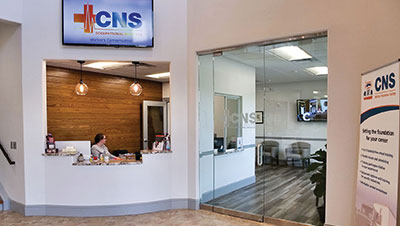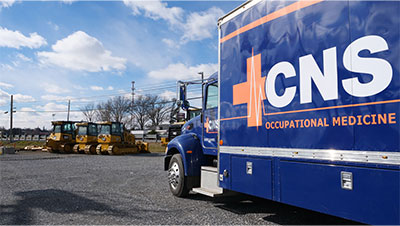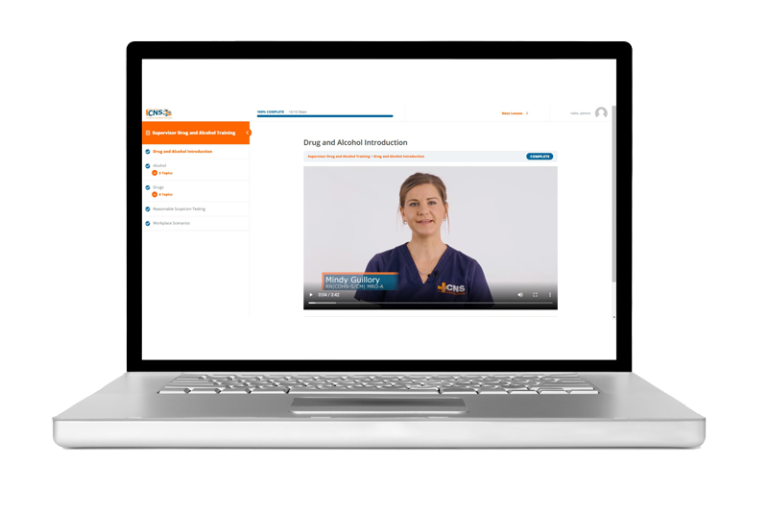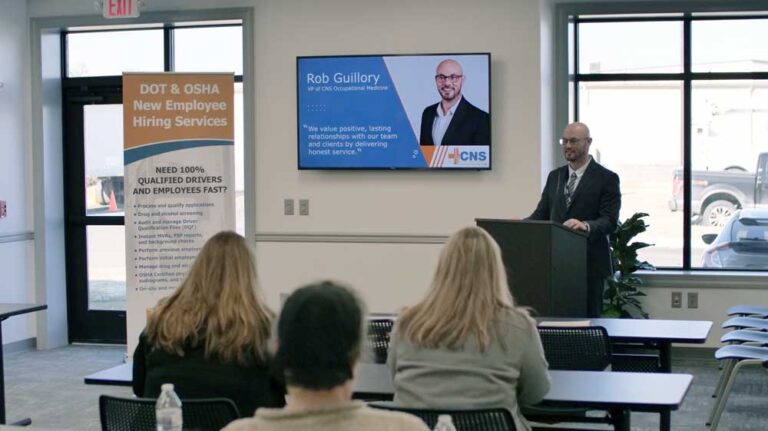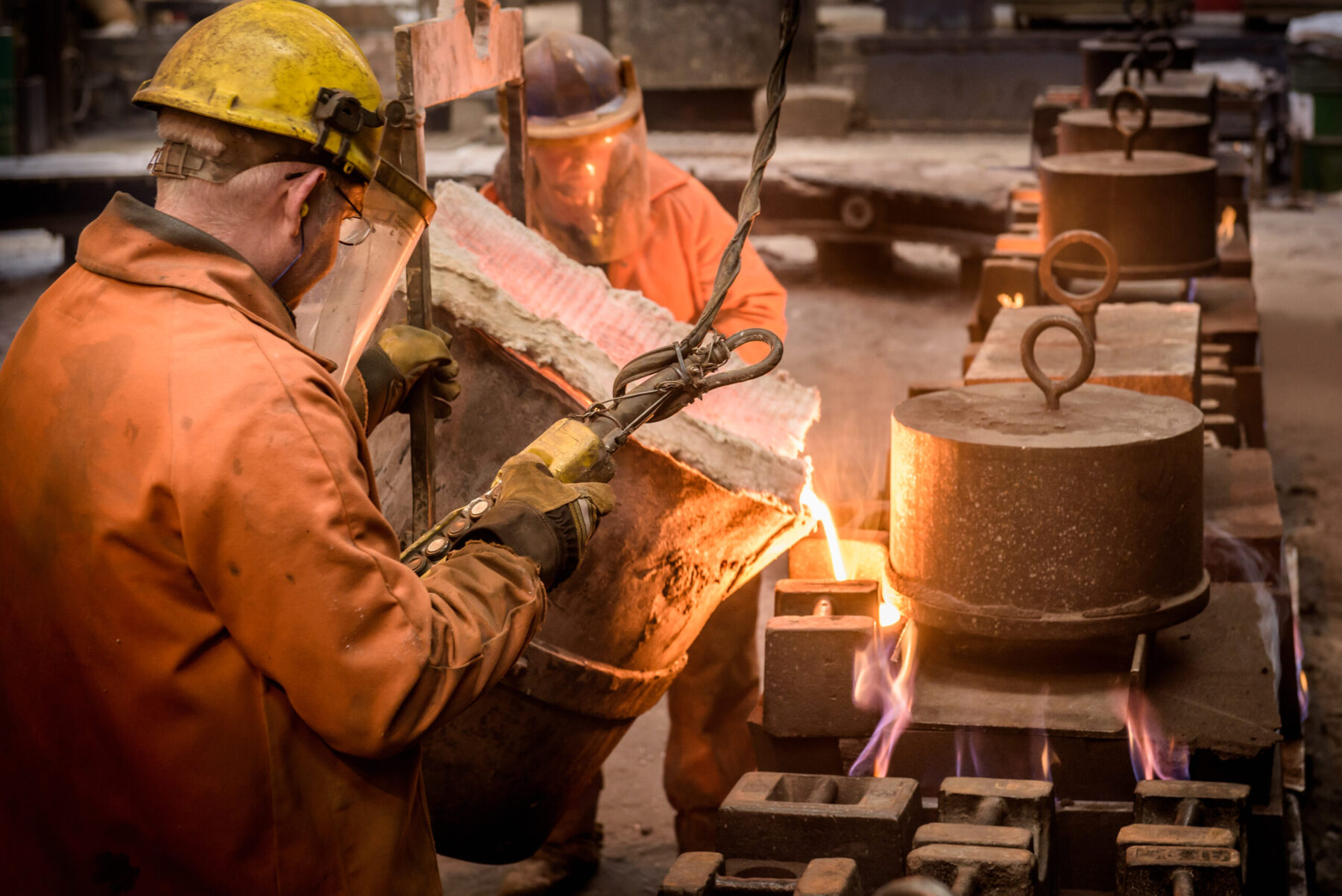An investigation by the U.S. Department of Labor’s Occupational Safety and Health Administration found that a Middletown foundry that makes steel and aluminum parts for the aircraft and aerospace, military and defense, oil and gas, and other industries, willfully exposed workers to numerous safety and health hazards.
They were cited for 14 violations with proposed penalties of $303,106 after a response to a complaint.
Inspectors determined the company:
- Did not provide employees with required personal protective equipment
- failed to provide hazard communication training on the chemicals in use and on energy control procedures – known as lockout/tagout – to prevent sudden machine starts or parts movement while machines are serviced or maintained
- Had not established an inspection program for overhead cranes
- Had not Implemented a written respiratory protection program, or
- Failed to provide suitable facilities in the work area for employees to quickly drench or flush their eyes and body in an emergency
In all, OSHA cited the company for two willful, 10 serious and two other-than-serious violations.
What is a respiratory protection program?
When it comes to OSHA, there are unique rules and recommendations surrounding respirators and employee health and safety.
Staff that must use any respirator are required to undergo respirator fit testing, medical clearance, and training as required by OSHA 29 CFR 1910.134.
A respirator shall be provided to each employee when such equipment is necessary to protect the health of such employee. The employer shall provide respirators which are applicable and suitable for the purpose intended. The employer shall be responsible for the establishment and maintenance of a respiratory protection program. The employer is responsible for ensuring that a medical evaluation is performed to ensure that using a respirator will not place a physiological burden on the employee.
A respirator fit test determines if a tight-fitting respirator seals appropriately and does not leak. It should only take place after an employee has been medically cleared to wear a respirator and before the employee actually wears it on the job.
An employee should be fit tested when they are first issued an N95 and then annually thereafter.
If you are considering using N95 respirator masks at the workplace, here are some important tips:
- Comply with the OSHA 29 CFR § 1910.134 regulations
- Perform initial fit tests for each HCP with the same model, style, and size respirator that the worker will be required to wear
- Explain to workers the importance of performing a user seal check each time they put an N95 mask on to make sure they are getting an adequate seal from their respirator
- If the mask seems to be broken, workers should inform their supervisor or their respirator program administrator immediately
What are HAZMAT and HAZWOPER physicals?
A HAZMAT physical is required by OSHA for employees who:
- Are exposed to hazardous substances or health hazards above the permissible exposure levels (PELs) set by OSHA
- Wear a respirator for 30 days or more a year
- Become sick from possible overexposure or
- Work on a HAZMAT team
These physicals are required before the employee starts their assignment, after they complete their assignment, and annually throughout their assignment.
This type of physical focuses on how potential overexposure is impacting different parts of the body.
Most HAZMAT physicals are required to be performed annually, unless determined otherwise by a physician. This ensures that there have been no changes to the employee’s health that would put them at increased risk if exposed to hazardous materials.
During a HAZMAT and HAZWOPER physical, a Physician, Nurse Practitioner or Physician’s Assistant will perform a physical exam on the employee as well as review the employer’s notes that detail the patient’s job description and level of exposure to hazardous materials.
The physical exam may include some or all of the following components with a special focus on any prior/potential exposure to hazardous materials:
- Blood and urine samples to check for signs of exposure to certain chemicals, heavy metals, pollutants, etc.
- Hearing test
- Pulmonary Function Test
- Chest X-Ray
- EKG
- Test for Hepatitis B (plus the vaccination)
- Vision Screening
- Respiratory Fit Testing
What happens during a heavy metal test?
Heavy metals testing is used to screen for or diagnose heavy metal poisoning in those who may have been exposed to one or more heavy metals, such as lead, zinc, mercury, chromium, and cadmium.
Regular heavy metal testing can also help monitor excessive metal concentrations in those who work with various heavy metals.
A quick blood draw can be used to test for various heavy metals. The four most common tests include:
- Lead (Pb)
- Zinc Protoporphyrin (ZPP)
- Lead Standard Profile including ZPP
- Heavy Metals Profile
A person may find it is necessary to avoid eating certain fish or shellfish before taking a heavy metal test. This is because they can contain high levels of mercury.
If your heavy metal blood test shows a high level of metal, you will need to completely avoid exposure to that metal to mitigate short-term and long-term health risks.
Regular blood tests can be used to confirm that the heavy metal in your blood is being reduced or not.
If your levels of heavy metal are low, but you still have symptoms of exposure, your health care provider will likely order additional tests, like a urine analysis, as heavy metals do not stay in the bloodstream very long.
Below are some related articles on other OSHA rules that could apply to this industry:
- OSHA Considers Stricter Occupational Lead Exposure Standards
- Signs and Symptoms To Look Out For With Heavy Metal Poisoning
- How to Comply with Workplace OSHA Noise Limits with Noise Surveys and Monitoring
- Considerations for HR Professionals when Revamping Workers Health and Safety Programs
- Stricter OSHA Rule In Effect For Silica Exposure and Silica Respiratory Testing
Choose CNS Occupational Medicine for your respirator and HAZMAT physicals
To ensure employers stay compliant with OSHA rules, CNS Occupational Medicine team provides respirator fit test and HAZMAT/HAZWOPER physicals.
Stop waiting at hospitals or urgent care clinics. We offer onsite workplace clinic services, mobile units, or testing at out locations in PA and DE.
Our knowledgeable examiners are focused on best-in-class customer service when it comes to treating workers and employers to create long term health and wellness.
Schedule your respirator physical, HAZMAT medical exam, and fit test today.
For more information, contact us at 800.551.9816 or info@cnsoccmed.com.

